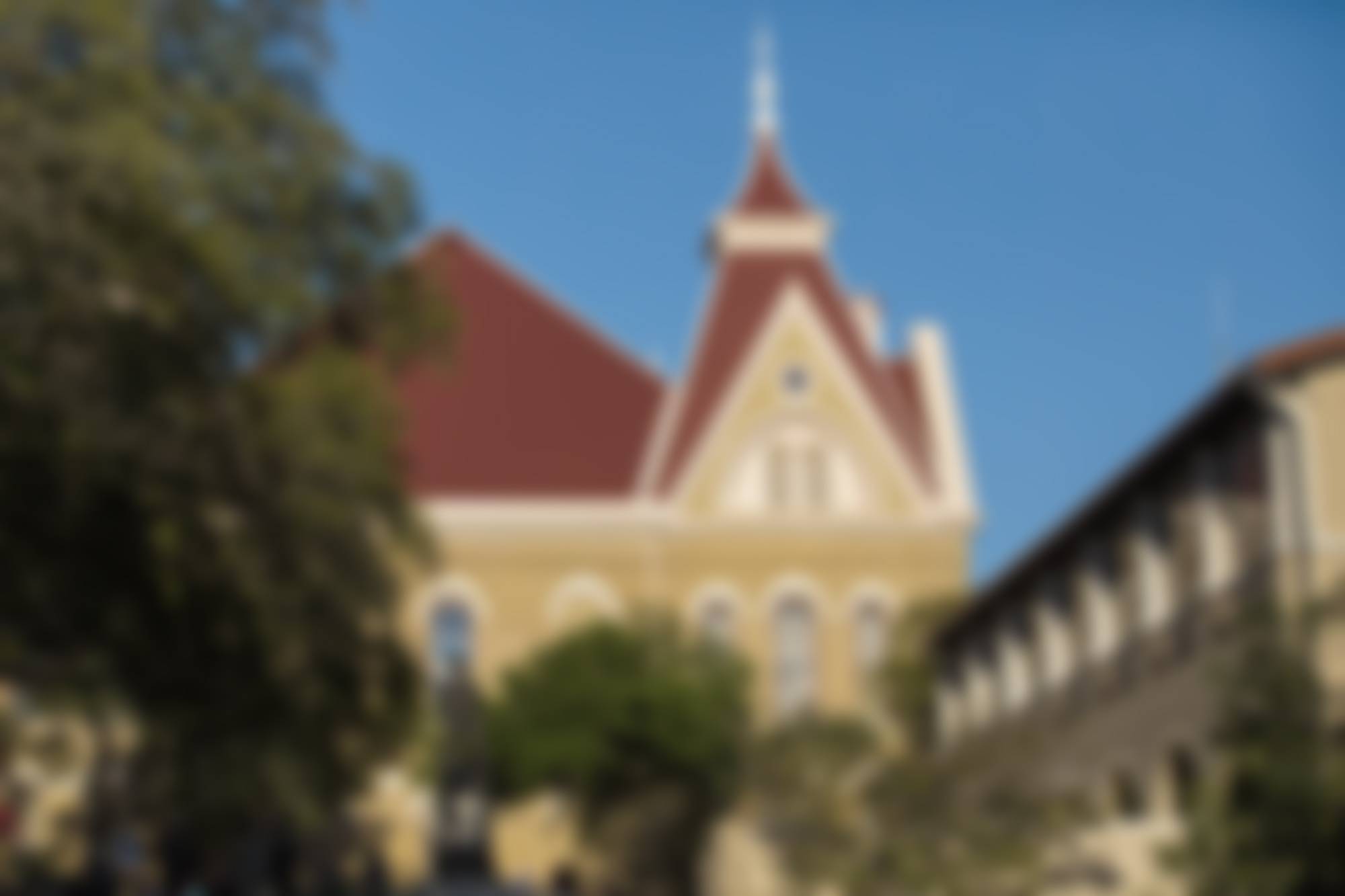Dr. Michael Jacobs
Assistant Professor
Educational Background
- B.A. Chemistry and Biochemistry, Oberlin College, 2014
- Ph.D. Physical Chemistry, University of California-Berkeley, 2019
- Postdoctoral Fellow, University of Illinois at Urbana-Champaign, 2019-2022
Academic Awards
Mistletoe Research Fellowship (2021)
Beckman Institute Postdoctoral Fellowship (2019-2022)
NSF Graduate Research Fellowship (2016-2019)
Areas of Interest
Physical Chemistry
Atmospheric Chemistry
Biochemistry
Materials Science
Research in the Jacobs Group
Research:
Microcompartments are small (1-100 μm) spaces that are separated from the surrounding medium by an interface. They are ubiquitous in the natural and industrial world, from aerosol particles to organelles in cells. Chemistry in and on microcompartments is frequently distinct from that found in bulk solution. It is linked to their unique physicochemical properties, such as increased fraction of molecules residing at an interface and phase states that cannot exist in bulk solution. Understanding the chemistry and physics occurring in microcompartments is important to understanding human health and climate change, among other things. In the Jacobs Research Group, we are developing and using single particle techniques to increase our understanding of microcompartment properties and how they influence chemistry.
A couple of research projects that are currently going on in the lab include:
1. Accelerated chemistry in microdroplets
In the last 10 years, numerous reports have suggested that many different types of reactions–from simple condensation reactions to enzymatic biomolecular reactions–can occur many orders of magnitude (up 10^7!) times faster in microdroplets than in bulk solution. A detailed, molecular understanding of the mechanisms driving the apparent rate acceleration is still unknown. Using single particle techniques and simple model chemical reactions (e.g., imine synthesis) we are systematically exploring how microdroplet properties such as size, charge, and composition affect chemical reaction rates. Ultimately, we are working to develop a molecular level understanding of how the unique properties of microdroplets promote chemistry to understand chemistry of atmospheric aerosols and for applications as catalyst
2. Biochemical interactions and reactions in microcompartments
We are exploring how the unique phase states found in microcompartments (viscous liquids, gels, and supersaturated solutions) affect biochemical interactions and reactions. We are developing techniques to probe protein-protein interactions and protein folding/unfolding in levitated microdroplets. In addition, we are also exploring how reaction kinetics for model enzymes (e.g., trypsin or ribozymes) change with different droplet compostion/size. Ultimately, we hope to understand how microcompartments (e.g., droplets or membraneless organelles) can be leveraged to drive biochemical reactions.
3. Molecular transport to and along soft-interfaces
Understanding how surfaces promote chemistry requires understanding the chemistry at the surface and molecular transport to the surface. We are developing new methods using our QET to probe surface transport (i.e. dynamic surface tension) as well as distribution and diffusion of small molecules within microdroplets. We ultimately want to understand how we can change physicochemical properties of microdroplets and adsorption/desorption kinetics on interfaces to control spatial distribution of molecules and particles within microcompartments
Publications
Jacobs, M.I., Bansal, P., Shukla, D., Schroeder, C.M., Understanding Supramolecular Assembly of Supercharged Proteins. ACS Cent. Sci. 2022, 8 (9), 1350-1361.
Jacobs, M.I., Jira, E.R., Schroeder, C.M., Understanding How Coacervates Drive Reversible Small Molecule Reactions to Promote Molecular Complexity. Langmuir, 2021, 37 (49), 14323-14335.
Rovelli, G.; Jacobs, M.I.; Willis, M.D.; Rapf, R.J.; Prophet, A.M.; Wilson, K.R., A critical analysis of electrospray techniques for the determination of accelerated rates and mechanisms of chemical reactions in droplets. Chem. Sci., 2020, 11 (48), 13026-13043.
Wilson, K.R.; Prophet, A.M.; Rovelli, G.; Willis, M.D.; Rapf, R.J.; Jacobs, M.I., A kinetic description of how interfaces accelerate reactions in micro-compartments. Chem. Sci., 2020, 11 (32), 8533-8545.
Jacobs, M.I.; Davis, R.D.; Rapf, R.J.; Wilson, K.R. Studying Chemistry in Micro-Compartments by Separating Droplet Generation from Ionization, J. Am. Soc. Mass Spectrom., 2019, 30 (2), 339-343.
Davis, R.D.; Jacobs, M.I.; Houle, F.A.; Wilson, K.R. Colliding-Droplet Microreactor: Rapid On-Demand Inertial Mixing and Metal Catalyzed Aqueous Phase Oxidation Processes, Anal. Chem., 2017, 89 (22), 12494-12501.
Jacobs, M.I.; Davies, J.F.; Lee, L.; Davis, R.D.; Houle, F.A.; Wilson, K.R. Exploring Chemistry in Micro-Compartments using Guided Droplet Collisions in a Branched Quadrupole Trap Coupled to a Single Droplet, Paper Spray Mass Spectrometer, Anal. Chem., 2017, 89 (22), 12511-12519.

